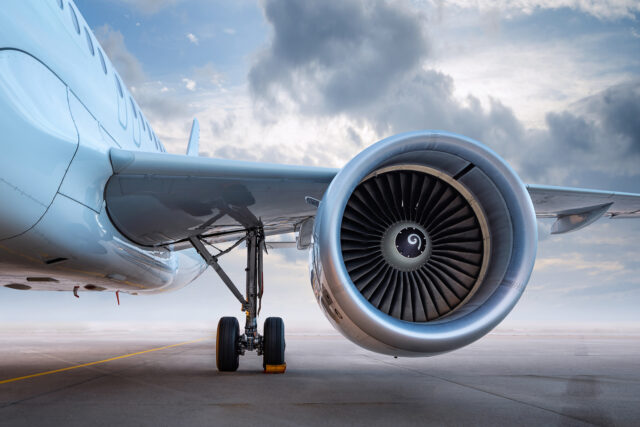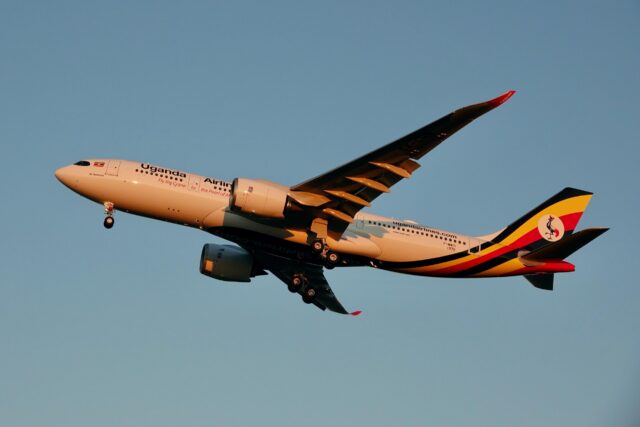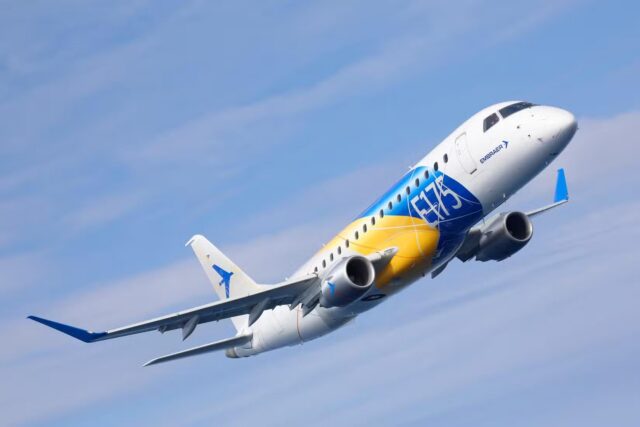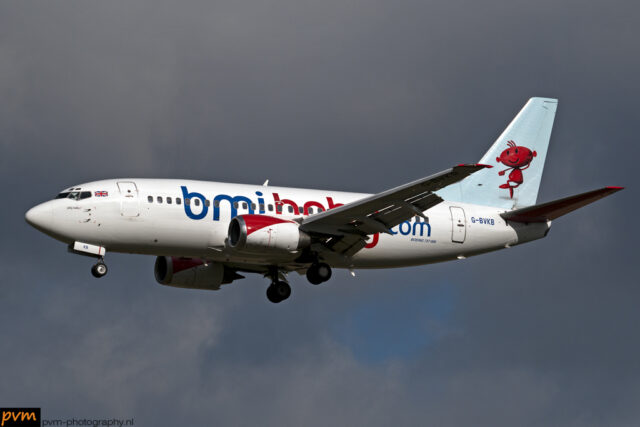Ex-Virgin Australia investor Bain revives Jamco as premium seat shortage creates overwhelming demand

August 6, 2025

Japanese aircraft interiors manufacturer Jamco Corporation plans to reenter the business class seat market under its new owner, Bain Capital. As Reuters reported, the firm sees an opportunity in responding to a global shortage of premium aircraft seats.
The US private equity firm acquired Jamco for $700 million this year. Having netted around half a billion dollars from Virgin Australia, Bain is now considering global acquisitions of aerospace suppliers, with a focus on premium cabin products.
Premium seats have become one of several bottlenecks in the production of new aircraft. Aircraft interiors suppliers have faced difficulties delivering due to parts and labour shortages following the pandemic.
Decades of consolidation have led to a vulnerable aircraft interiors supply chain
The aircraft interiors industry has been on a path of consolidation for decades, particularly in the premium cabin. Acquisitions have whittled down what was already a limited space to a near duopoly between RTX’s Collins Aerospace and Safran’s seating division.
Seating has always been a delicate blend of industrial production and craftsmanship. Premium aircraft seats require a high level of customisation to help airlines differentiate their product from competitors.
The artisans who work on these custom seats have acquired decades of specialised knowledge. During the COVID pandemic, the industry ground to a halt, and the expert artisans reduced in number.

As the industry recovered from COVID, interiors production ramped up slowly. At the same time, airlines began to favour more premium cabin space, responding to customer preference. This combination of higher demand for premium seating and depleted resources has made it difficult for suppliers to keep up.
Adding to complications, all aircraft seats and especially customised premium seats require multiple regulatory certifications for structural integrity and flammability, impacting all components, materials, and finishes.
Customised aircraft seats have always needed a longer certification timeline. Regulations also require that certification standards be met throughout the delivery cycle. Even after the first certifications are complete, a test failure in any one of the components of the seat during production can result in delivery delays.
Missing seats delay American Airlines’ first A321XLR
The difficulties that seat manufacturers and the interiors supply chain have faced since the pandemic have rippled throughout the industry, leading to the best-laid launch plans of airlines going awry.

American Airlines’ first Airbus A321XLR has not yet departed for the US due to a seat delay. The airline officially took delivery of the new aircraft on July 25, but it has remained at Airbus’s facility in Hamburg awaiting the missing seats.
The American Airlines A321XLR has three classes: Flagship Business, Premium Economy, and Main Cabin.

Flagship Business features 20 inward-facing herringbone seats based on the Collins Aerospace Aurora platform, but customised to meet the airline’s design specifications.

Premium Economy is outfitted with 12 Recaro R5 recliner seats, equipped with adjustable calf rests and foot bars, a 4-way adjustable headrest with privacy wings, a storage pocket beneath the armrests, and a retractable tablet holder.
The main cabin has 123 Collins Aerospace Meridian slimline seats featuring a 4-way adjustable headrest, moveable armrests, and a retractable tablet holder.
The airline has not confirmed which seats have caused the delay.
American had planned for the aircraft to launch later this year on premium transcontinental routes, with international flights to follow. The airline has a second A321XLR that is also near delivery, and has ordered 50 of the type.
Delta Air Lines also has Airbus aircraft parked in Europe pending seat deliveries due to delays in certification.
Jamco reconsiders its exit from the premium aircraft seats competition
Jamco stopped competing in the business class seat space in 2023, as it focused on serving higher demand for other of its aircraft cabin products. The manufacturer also produces galleys and lavatories, products with which it first launched into the interiors space in the 1970s.
Its last business class seat design announcement in July 2023 was that KLM Royal Dutch Airlines had installed its Venture reverse herringbone premium class seats in World Business Class on the Boeing 777, customised to meet KLM specifications.
Now, Bain wants the manufacturer firmly back in the premium seat race.

“The interest from the airlines has been pretty overwhelming,” Executive Chair Kate Schaefer, a senior adviser to Bain Capital and formerly senior vice president at Boeing Global Services, told Reuters.
Airlines urgently need new seats, both for new aircraft and for the aircraft they are refurbishing to keep in service while aircraft manufacturers catch up with new orders. Bain aims for Jamco to pursue opportunities in both.
“We see billions of dollars being spent on first class, business class, and premium economy retrofits of planes that are 10 years old or more. That’s a huge opportunity for a company like Jamco,” said Nick Gattas, a managing director in Bain’s Asia Pacific private equity team.
The aircraft interiors industry has experienced other cycles of expansion and contraction. It could take years for aircraft interiors suppliers to catch up with the premium demand from airlines, but the future is never certain for this highly specialised production.
If customer preference for premium seating changes, airlines will adjust their cabin design. We may see consolidation in this space again when the winds next shift direction.
















